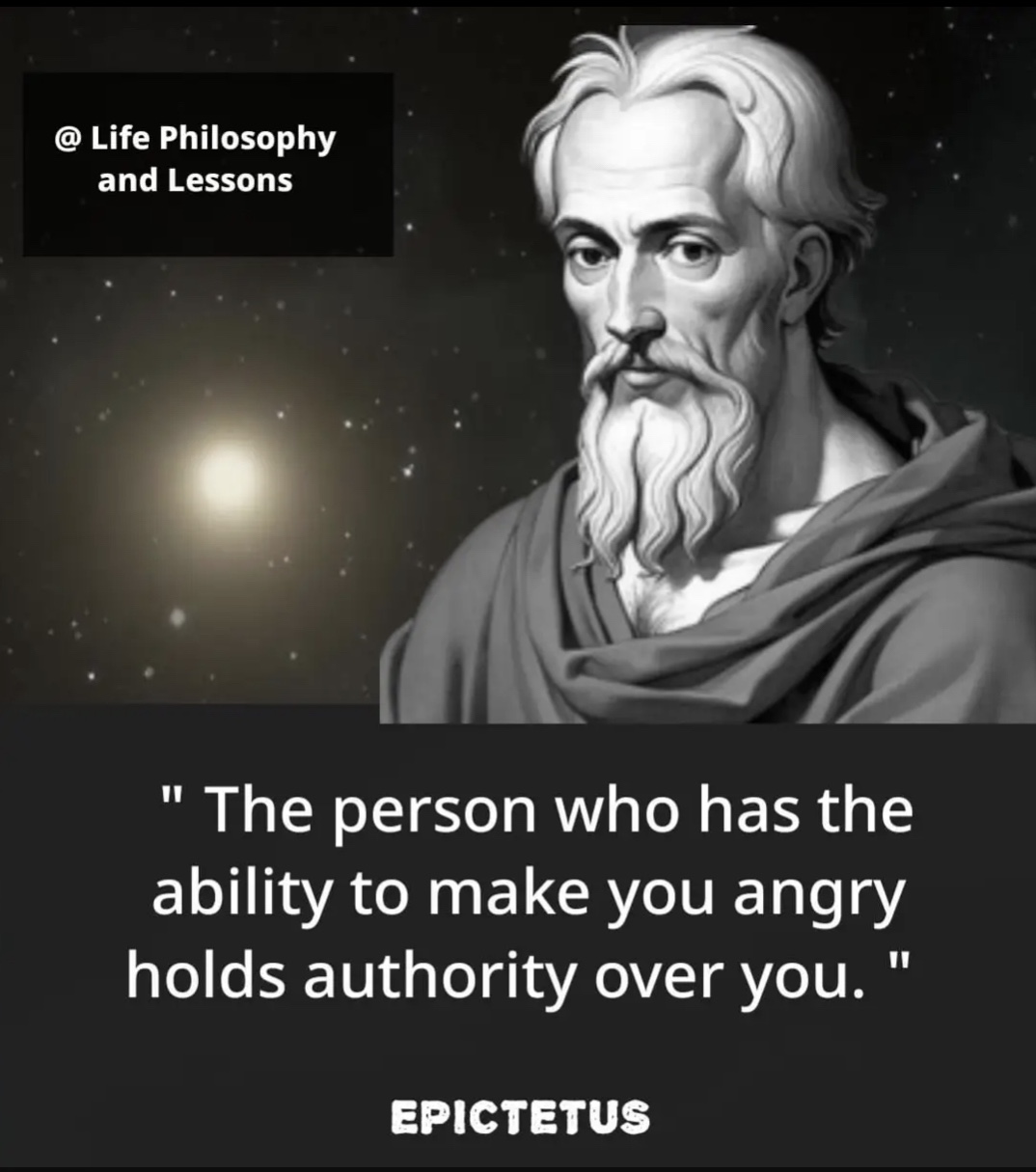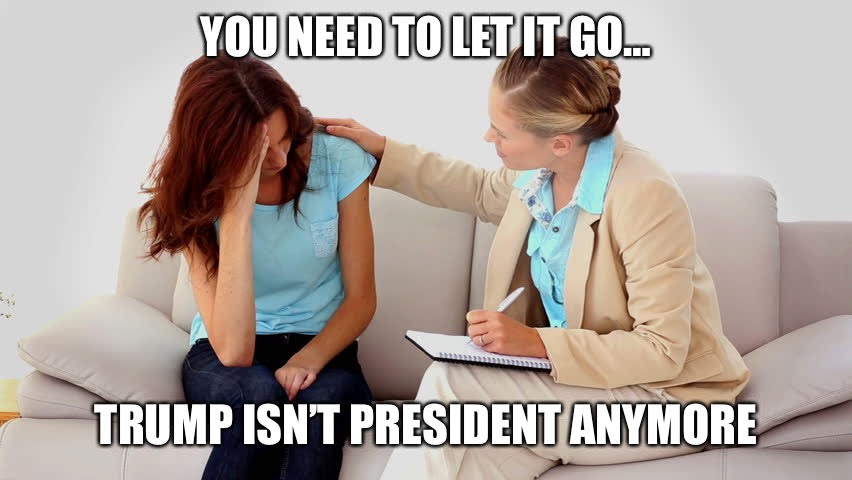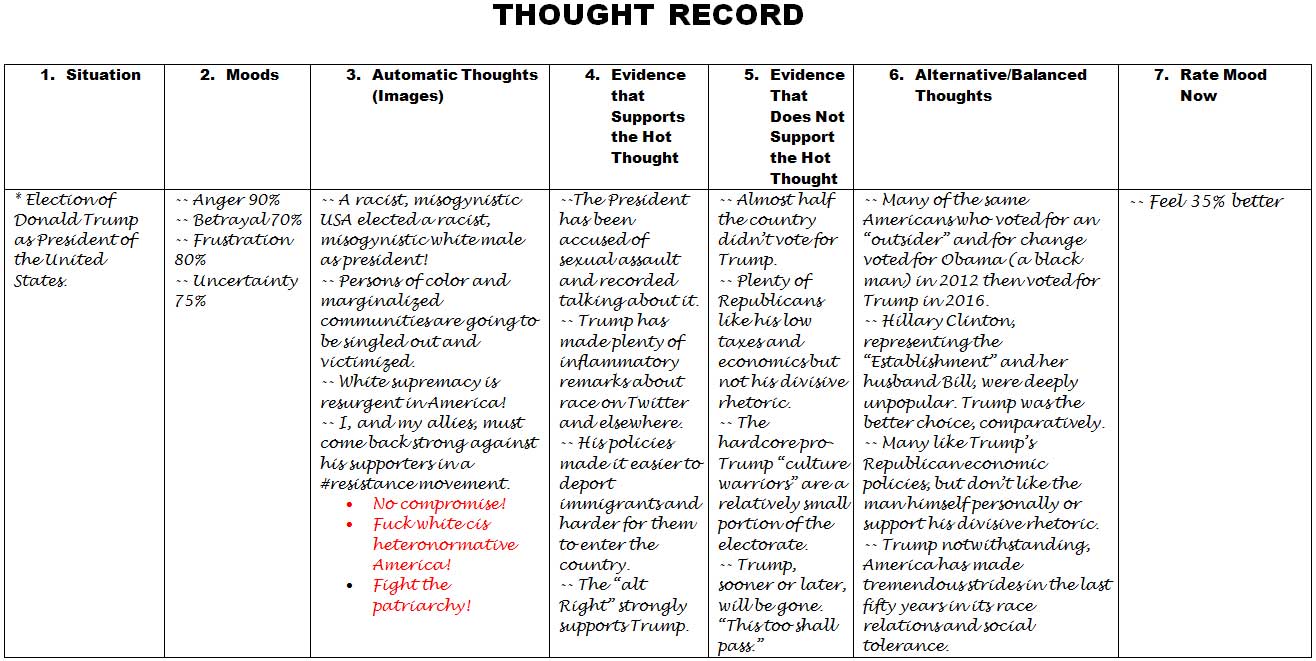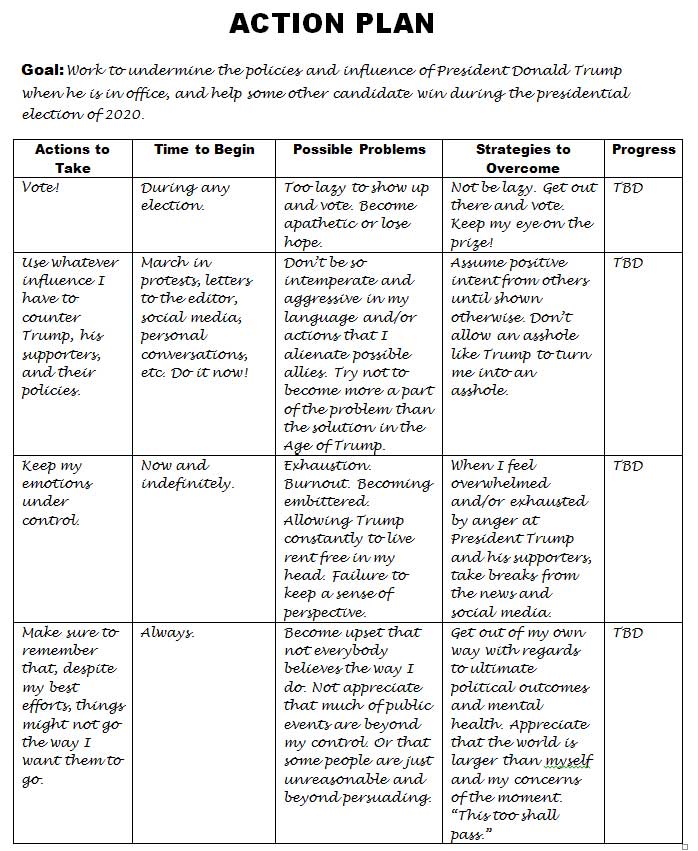I attended a meeting of parents for my daughter’s club soccer team last night. Much to my astonishment and chagrin, the meeting was “emotional and intense,” in the later words of the coach. Parents grew red in the face and raised their voices to each other and the coach, and for sixty long minutes it went back and forth as I largely stared at the ceiling in embarrassment. The meeting was angry and chaotic. Although I said next to nothing, being present at the meeting was emotionally lacerating.
Certain of the parents heatedly complained that because of conflicts between different parents and with the coach they had suffered serious distress and anxiety. They claimed to have lost sleep. I was amazed to hear this. I had seen evidence of conflict on the team, but I did not personally engage. I was watching the situation but with only one eye. The thought of getting that worked up over a girl’s 4th grade youth soccer team was inconceivable to me. It was not inconceivable to some of the other parents.
I have heard similar complaints at my workplace in years past. Co-workers complained that they were on powerful anti-anxiety drugs because of workplace conflicts, and some even had panic attacks on their way home from work. I knew of the conflicts in my workplace, but I did not know it had affected my colleague in such an emotionally resonant manner. I was — and am — sad to think about it. Those hours and energies expended because of bitter conflicts at work — or on your child’s sports team — these surely are hours and energies those individuals will want back on their deathbed. What a waste!
I seem to encounter so many enraged people nowadays. When I see people grow angry and find themselves out of sorts because of politics or whatever, when I see them allow the passion to flow and their faces to grow red with rage, I think to myself Ben Franklin’s old adage: “Whatever is started in anger will end in shame.”
But conflict and anxiety and anger, to one extent or another, are endemic to all, me included.
In my own life, I have found value in using Cognitive Behavioral Therapy (CBT) to examine my problems. Or to be more exact, I have used CBT to examine my thoughts when I grow anxious or angry and seek to find constructive ways of working through my emotions and making sense of them. This almost always makes me feel better; it allows me to gain a sense of perspective. The goal is not to allow your emotions to run away in a train of irrational and uncontrollable “hot thoughts.” So many of us have certain thoughts that bring with them automatic negative emotions and consequent physical reactions. They suffer these anxious feelings which create stress and anger, and sooner or later this will make them physically sick, besides being continually overwrought emotionally. CBT can offer significant relief to those so suffering. And it can offer such relief in a short amount of time. Almost immediately.
Or so this is how Cognitive Behavioral Therapy has worked for me. And I am far from alone. I recommend it! The principles of CBT are deceptively simple but profoundly helpful. The process of taking the time to write down carefully everything crystallizes one’s thinking and helps to clarify one’s thoughts and change the reactions to them. You can feel better. Why did it take me five decades to discover CBT?
I sometimes look at a person’s rant about race, gender, or sexual preference (ie. grievance studies), and wonder how CBT could help them. I look at someone frothing at the mouth in anger at something President Trump said, and I suspect CBT could help them deal more constructively with their feelings. How many Americans claim recently to have suffered mental-health reverses because of politics? How exactly might CBT help? Well, it might start with that person looking closely at a particular thought and its emotional reaction:
Taking a step back and looking in detail at your thought process does not say you should not work the political system to improve the country, as you see it. But once you carefully examine what exactly is happening through your Thought Record, you can move to an Action Plan to improve the situation and feel better. Check out the below example —
This process of carefully examining a thought and then making an making a plan of action to make a bad situation better would help a passionate political opponent of Donald Trump and member of the liberal #Resistance feel better. But it would equally help staunch conservatives if some hated “progressive” like Elizabeth Warren or Bernie Sanders won the presidency. CBT is a way of examining your thoughts which can help everyone. The Cognitive Behavioral Therapy process can help anyone gain perspective, see nuance, and help to control/moderate negative emotions. One can feel better. That is the point of “therapy.” It works. Good old-fashioned mental-health hygiene.
There is a huge difference, practically speaking, between an American liberal who says the following:
“You voted for Donald Trump and I voted for Hillary Clinton. We can agree to disagree, even profoundly. But we are still neighbors. What is next?”
Or, in contrast, another who says this:
“You voted for Donald Trump and I voted for Hillary Clinton. And Trump won, unbelievably! I can hardly be in the same room with you if you voted for Trump. You must be a racist, sexist, etc etc etc!!!”
The first example will do better than the second. There is so much anger out there, and much of it comes back to Trump. He “triggers” a certain kind of person; Trump stands for so much they have always hated, and now he has been elected President of the United States? They find it hard to stomach. And I feel for them.
But I wonder if that powerful emotion has as much to do with them as it does with Trump. If Trump brings his vortex of negativity to the public domain, those who hate him bring their own negativity and anger to the mix, making the country as a whole worse, not better. And making themselves individually worse, not better. They become part of the problem, not the solution.
I remember hearing a Hindu allegory about how holding onto anger is like a hot coal a person holds in his hand, hoping to fling at his enemy. But you end up mostly burning your own hand. Drop the hot coal in your hand! Release the anger! Let that shit GO! Mostly I look at it this way: an aggrieved individual is enraged with another and so they poison themselves with that anger in a desire for revenge, but usually their enemy doesn’t notice or care very much. You do your nemesis no real damage, but you do poison yourself. The injured party nurses their anger and wants revenge, but in reality they mostly hurt themselves. Irony abounds.
Alas.
CBT often uses Thought Recordings to work through and examine negative thoughts and the (often) automatic thoughts that accompany them — such as the Thought Recording and Action Plan that we looked at previously. The CBT process seems so self-evidently helpful that I am amazed more don’t think their issues through in this way. If you are angry at the world or some situation in it, is your anger entirely warranted? Or, upon careful reflection, is the world or some situation in it actually different and more complex than how you initially viewed it? Have you clearly examined the emotions and behavior emerging from your cognition? Are you thinking as much as you are emoting? Are you controlling your emotions? Or are you being controlled by them? We cannot control other people, but we can control ourselves.
You are so angry with Donald Trump or your father or ex-wife or coach or whomever, but then that despised person ends up living rent-free in your mind for months, years, or forever.

I sometimes wonder if the present political apoplexies in the United States are partly explained by the large numbers of Millennials in the populace who are currently about 30-40 years of age, and have the corresponding lack of maturity and breadth of vision.
It often seems in the Age of Trump too many Americans are too close to everything and have allowed themselves to become controlled by their anger, and could benefit from some distance and more use of reason.
My fellow citizens, you can’t control larger events, but you CAN control how you react and feel about them — or you can let your emotions run amok and be like this years later with your therapist:

As the presidential election of 2020 approaches, the United States of America could benefit from some Cognitive Behavioral Therapy, in my opinion. This seems so obvious I am surprised nobody else has pointed it out. If someone else has, I have not seen it.
And it is way beyond politics. People in their workplaces. Parents on soccer teams. Spouses with each other and their children. Anyone in groups where people try to go-along-to-get-along. Where individuals come into conflict and try to negotiate their differences. Where we try to get through the day in peace. With ourselves. And with our neighbors. Amen.
America, what are you doing?
Breathe. Relax. Think.
PRESIDENT DONALD TRUMP, LIBERAL BêTE NOIRE

Ann Landers








2 Comments
Liam Egan
Good stuff! One minor addition: it’s probably good to differentiate righteous anger – say, the anger that drives activists and lawyers fighting for humane treatment of immigrants, or for equal pay for women, or any number of other noble struggles – from the kind of impotent rage filling your soccer parents meeting or (more visibly) the whole damn internet. Without a little of the former animating everyday people and keeping them engaged, it might not be the case that “this too shall pass.”
– Liam
rjgeib
Liam, Point well taken.
But I would re-frame it thusly: There is a big difference between some irate lady at an anti-Trump rally with her pussy hat on who has allowed her anger to unmoor herself and is “triggered” almost into inchorence by the Kavanaugh confirmation hearings, and an immigrant rights lawyer arguing in court as part of her job but keeping a sense of larger balance in life. The former finds anger in politics to be a large devourer of life energy, and it has a serious negative effect on her mental health. The latter has a more sustainable and mature approach to the frisson of public events — “wars and rumors or war.”
My whole point is that way too many Americans have allowed politics, and anger about politics, to eat away at their peace of mind. They have become unmoored. They have this large free-floating anger that might attach itself to this new development or that contrary opinion. Pundits call it “polarization.” Such a person doesn’t control their anger; their anger controls them. You talk about the anger that gets people active to initiate change. Fair enough. But past a point anger turns into rage and that is a genie that once it gets out of the bottle is difficult to put back in. Past a point anger simply divides people and becomes part of the problem. You are with them (an “ally”) or against them (an “enemy”); it is the binary zero-sum psychology of intractable conflict. You mention “the whole damn Internet” is animated by this anger. The anger from social media and the Internet makes its way back into real life, unfortunately.
I keep coming back to Aristotle and his insights into anger: “Anybody can become angry – that is easy. But to be angry with the right person and to the right degree and at the right time and for the right purpose, and in the right way – that is not within everybody’s power and is not easy.” Toddlers have tantrums. But grown adults are in control of themselves, ideally. My model for public life has always been the Abraham Lincoln we talked about when I was your teacher in AP US History: moderation, patience, magnanimity, coupled with an iron-will and wisdom.
Anger can be too easy. When I talk to my brother about this he reminds me that for many “righteous anger” feels good. But anger is a dangerous fuel that might cost one more than it confers once it converts into rage. I am far from the only person to note the negative effects of politics in the United States on the mental health of many —
https://www.usnews.com/news/health-news/articles/2019-09-25/stress-of-us-politics-taking-mental-physical-toll-on-americans
Be advised, America.
Ten years will go by like a snap of the fingers. That irate lady in the pussy hat will be ten years older, as will you and I. Who will have best used their precious time and energy during this dark decade of Donald Trump? Who will be in better psychological shape? Who will have the least regrets, in retrospect? Who, after weighing carefully the stresses of the times, acted wisely to make the situation better? Does Trump say things to prompt a reaction which galvanizes support for him? How many Americans simply react to Trump’s words and deeds? Are the angry legions of pussy hat wearers the puppets of Donald Trump? Is Trump living in their heads rent-free? Who is in control?